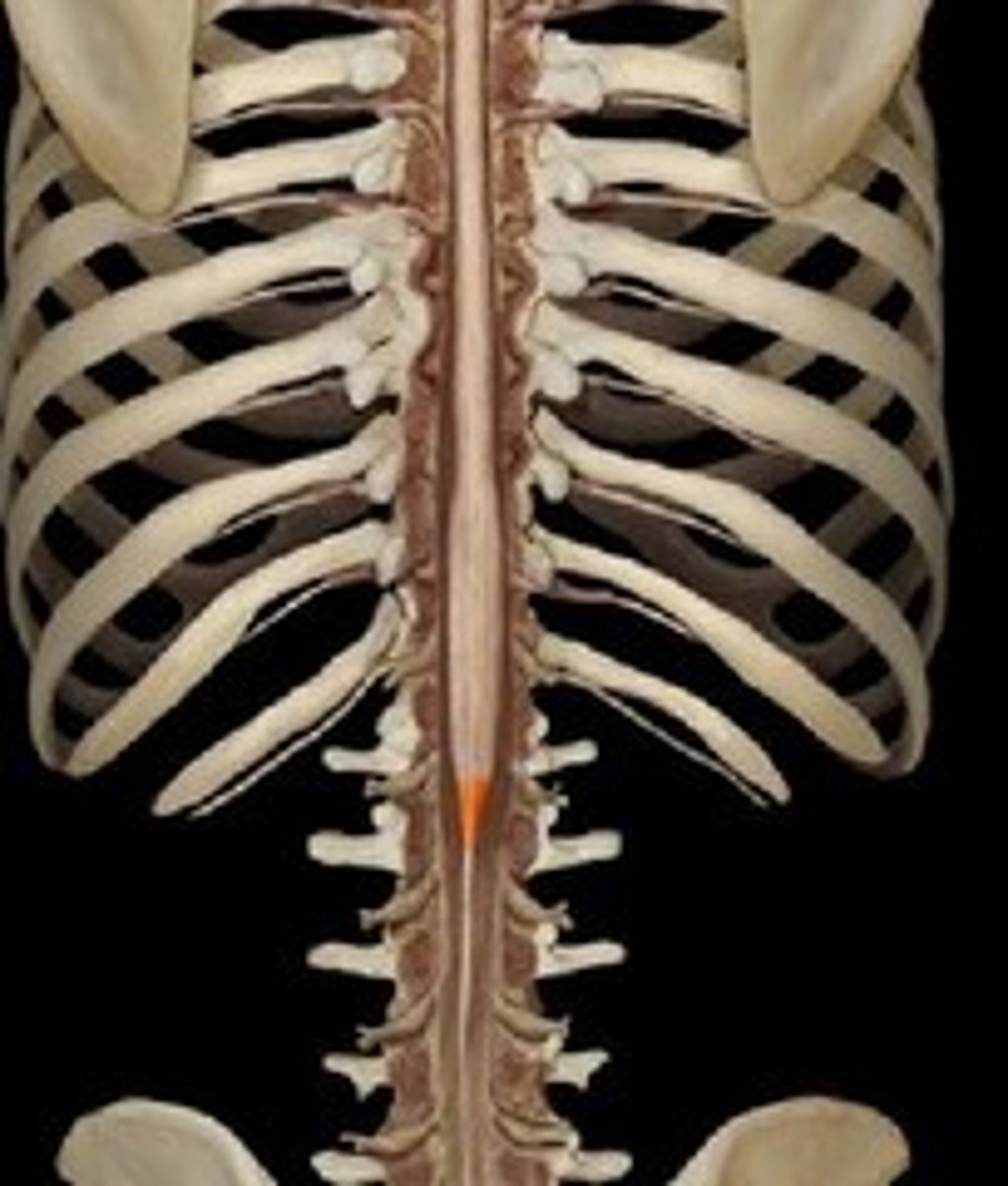Organ Functions
1/19
There's no tags or description
Looks like no tags are added yet.
Name | Mastery | Learn | Test | Matching | Spaced |
|---|
No study sessions yet.
20 Terms
Brain
the central organ of the nervous system, responsible for controlling and coordinating all bodily functions
spinal cord
for transmitting sensory and motor information, controlling reflexes, regulating autonomic functions, providing structural support, and facilitating communication between the brain and the body.

tounge
eating (chewing and swallowing food), tasting (detecting flavors via taste buds), speaking (forming sounds and words), and breathing (maintaining an open airway)
hard palate
to act as a rigid bony partition, separating the nasal cavity from the oral cavity, and to provide a surface for the tongue to articulate sounds during speech production and to agitate food during chewing and swallowing.
esophougus
transport food and liquids from the mouth to the stomach
stomach
to store, mechanically and chemically digest, and regulate the movement of food, as well as to absorb small amounts of nutrients and produce intrinsic factor.
small intestines
- Digest food
- Nutrient Absorption
- Excretes undigested food and wast and bile to Large Intestine
- Regulates appetite and digestion
pancreas
essential for proper digestion and blood sugar regulation. It produces enzymes to break down food and hormones to control blood glucose levels.
gall bladder
Its primary function is to store and concentrate bile
liver
- produces bile
- regulates essential proteins
- regulates thyroid and estrogen hormones
- stores and releases glucose into blood stream, to maintain blood sugar levels
- stores vitamins
- produces immune cells and proteinsto perform
lungs
to perform their primary role of gas exchange, which involves taking in oxygen from the air and releasing carbon dioxide into it.
trachea
serves as a vital conduit for air between the nose/mouth and the lungs.
bronchi
passageways that carry air to and from your lungs, lined with mucus to trap foreign particles like bacteria and dust
diaphragm
facilitates respiration, assists in coughing, sneezing, and vomiting, as well as separating the chest cavity from the abdomen
thymus
to produce and mature T lymphocytes (T cells), which are crucial for fighting infections and defending the body against foreign invaders.
kidney
maintaining bodily fluids, electrolyte balance, blood pressure, red blood cell production, and acid-base balance.
urninary bladder
a temporary storage organ for urine, collecting and holding it until it is ready to be expelled
ureter
transport urine from the kidneys to the bladder.
urethra
Carry urine from the bladder to the outside of the body
large intestine
to absorb water and electrolytes, convert food waste into solid stool, and eliminate feces from the body.